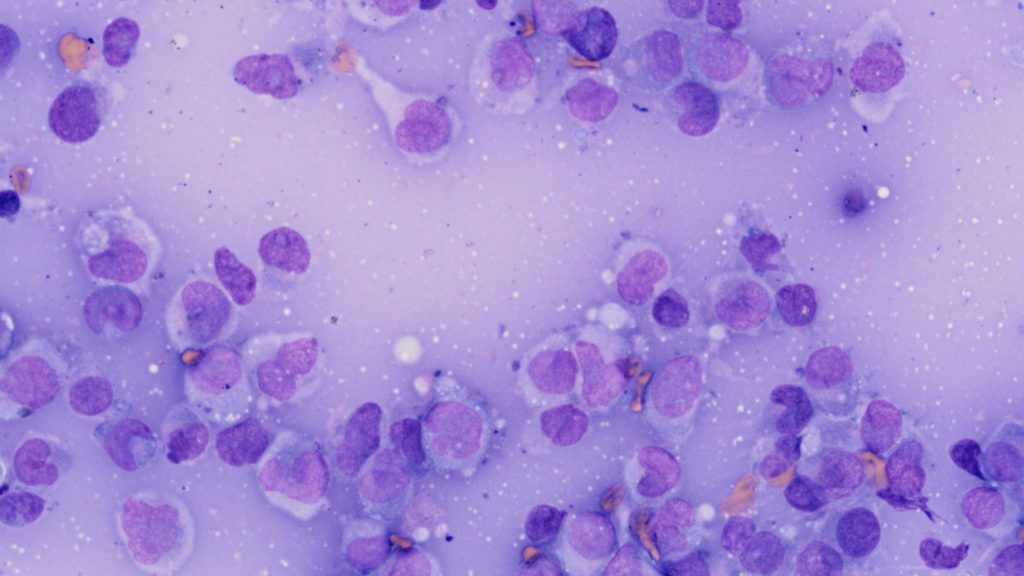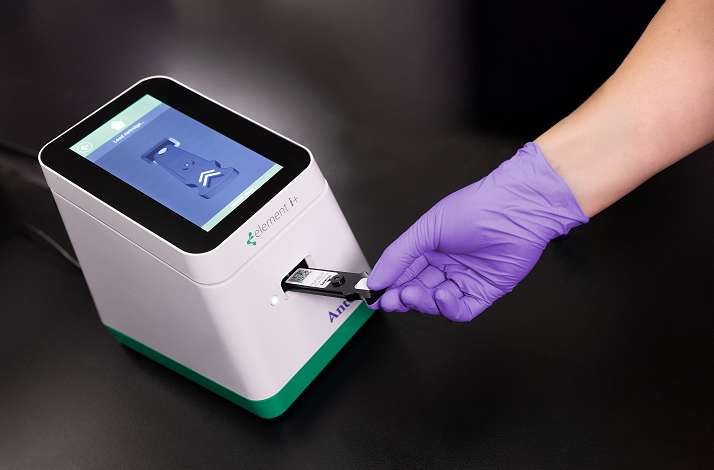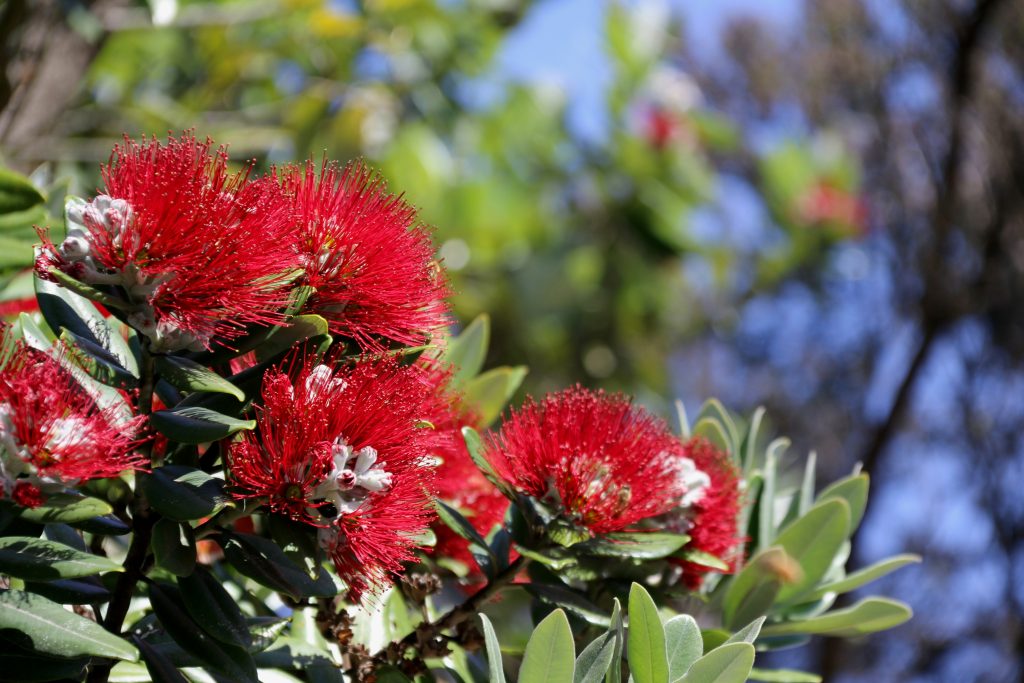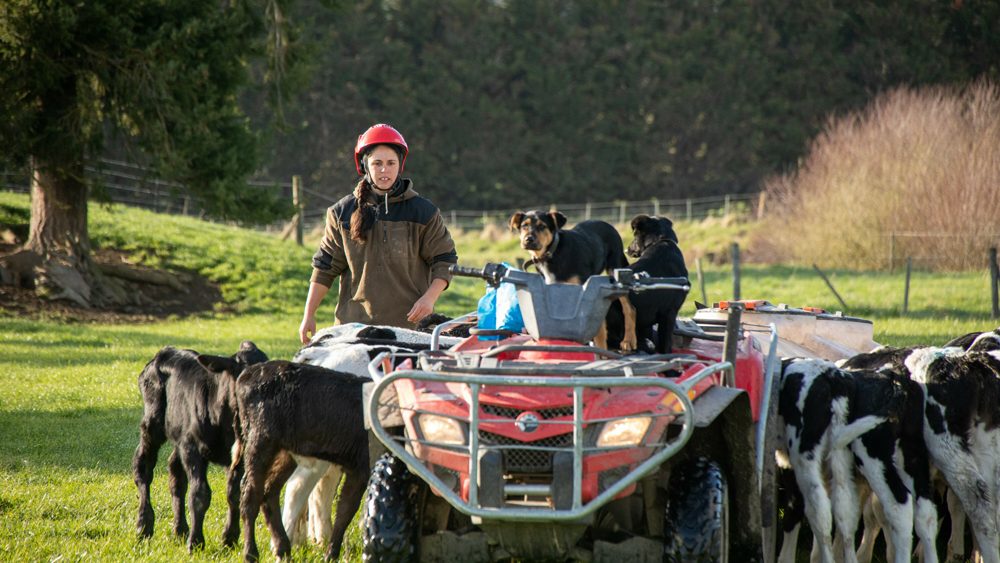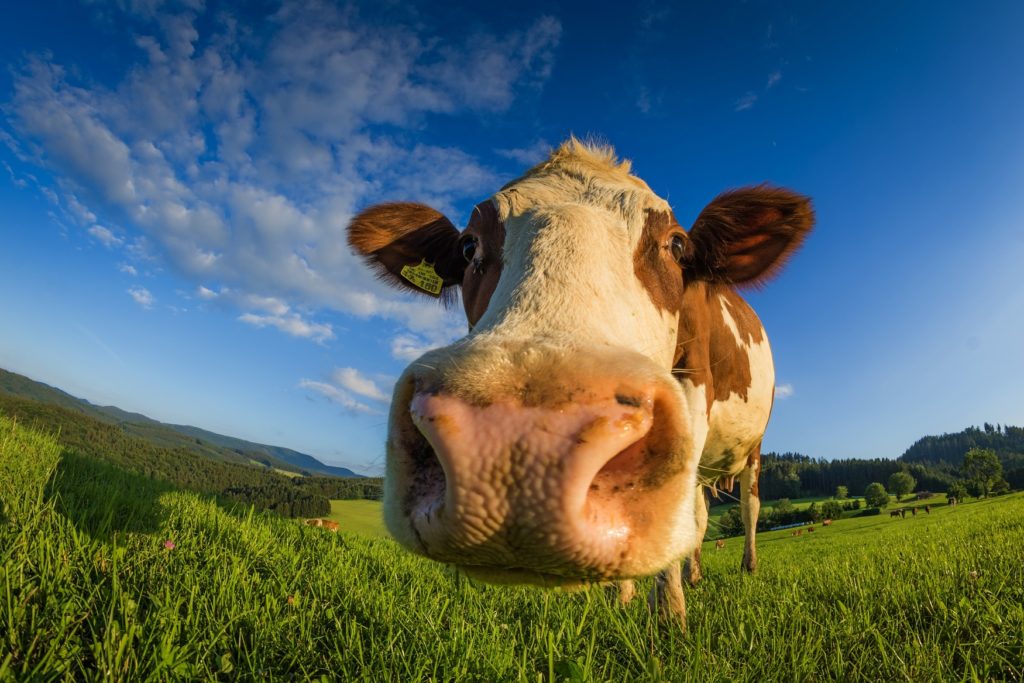The histiocytoma that read the textbook!
Sandy Weltan The description of a histiocytoma in a well known pathology textbook is as follows: “Cutaneous histiocytoma is a benign skin tumour that originates from the epidermal Langerhans cell and is predominantly a solitary tumour of young dogs that undergoes spontaneous regression. Histiocytoma cells may migrate to regional lymph nodes; lymphadenopathy will regress along […]

